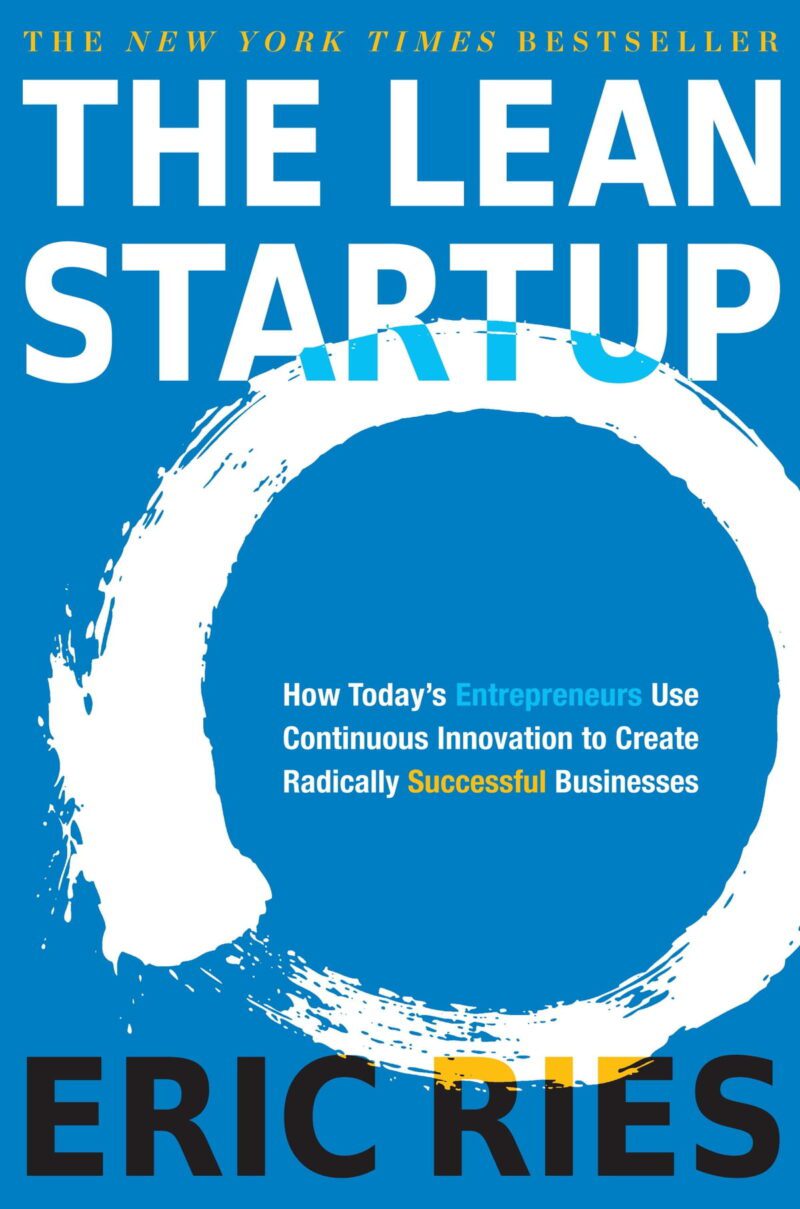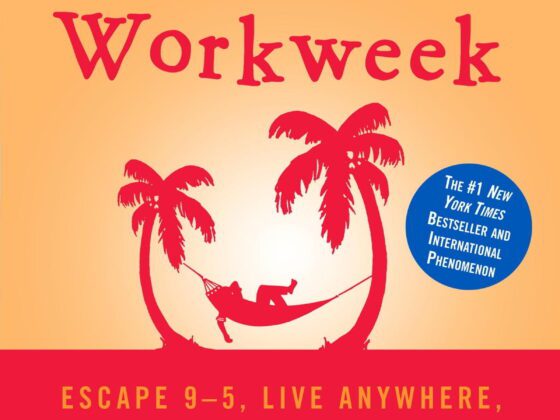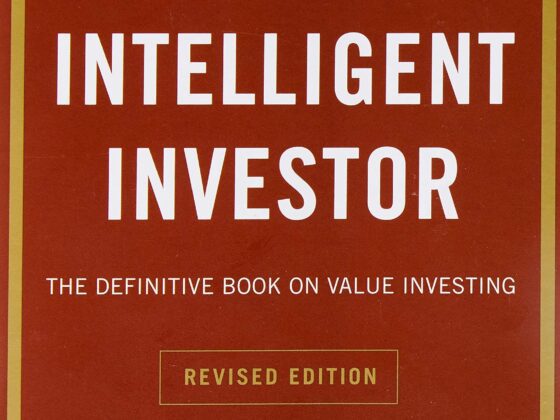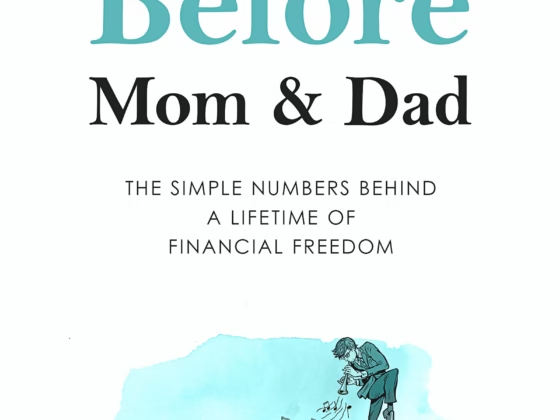Few books have left as indelible a mark in the ever-evolving landscape of entrepreneurship as The Lean Startup by Eric Ries. A blueprint for modern entrepreneurs, this book delves into the innovative methodologies that have revolutionized startup operations. This review explores the profound insights and strategies that make The Lean Startup an essential read for aspiring entrepreneurs and seasoned business leaders alike.
Summary of The Lean Startup
At its core, The Lean Startup is a guide to building businesses that can succeed in an uncertain world. Ries introduces the concept of “validated learning,” a process that emphasizes the importance of testing hypotheses and gathering customer feedback before making significant investments in product development. This approach, known as the “Build-Measure-Learn” feedback loop, encourages entrepreneurs to create a minimum viable product (MVP) and iteratively improve it based on real-world data.
By adopting these principles, entrepreneurs can avoid the common pitfall of developing products that no one wants, thereby saving time, money, and resources. The book also introduces the concept of “innovation accounting,” a method for measuring progress and making informed decisions in the face of uncertainty.
Key Themes and Insights
- Validated Learning: A New Approach to Product Development
- Entrepreneurs often fall into the trap of pursuing their vision without first testing their assumptions. The Lean Startup advocates for a more scientific approach, where each step is validated through real customer feedback.
- “Startups don’t fail because they lack a product; they fail because they lack customers.” This quote encapsulates the importance of building something that meets market demand.
- The Build-Measure-Learn Feedback Loop
- Central to the lean methodology is the idea of quickly iterating based on what customers actually want, not what entrepreneurs think they want. The feedback loop is a continuous process of building, measuring, and learning.
- “The only way to win is to learn faster than anyone else.” Ries emphasizes that speed and adaptability are crucial for success in today’s competitive environment.
- Pivot or Persevere: Making the Right Decisions
- One of the most challenging decisions for any entrepreneur is knowing when to pivot or persevere. Ries provides a framework for making these tough choices, helping entrepreneurs to avoid wasting time on unproductive paths.
- “A startup is a human institution designed to create a new product or service under conditions of extreme uncertainty.” This statement highlights the inherent unpredictability of startups and the need for agility.
- Innovation Accounting: Measuring What Matters
- Traditional metrics like revenue and profit are not always useful for early-stage startups. Instead, The Lean Startup introduces innovation accounting, which focuses on metrics that truly reflect progress.
- This method allows entrepreneurs to assess their experiments’ effectiveness and determine whether they are on the right track.
Personal Reflections
Reading The Lean Startup was a transformative experience. As someone who has navigated the challenges of entrepreneurship, I found Ries’s insights both practical and profound. The emphasis on validated learning resonated deeply with me, as I’ve seen firsthand how easy it is to become attached to an idea without considering whether it solves a real problem.
The concept of the Build-Measure-Learn feedback loop has become a cornerstone of my approach to new projects. By iterating quickly and learning from failures, I’ve been able to pivot more effectively and avoid the sunk costs that can cripple a startup.
Moreover, the book’s focus on innovation accounting has changed how I measure success. Rather than relying solely on traditional financial metrics, I now look at the underlying drivers of growth and customer engagement.
Actionable Tips for Entrepreneurs
- Start Small, Learn Fast:
- Before investing heavily in product development, create a simple MVP to test your assumptions. Use customer feedback to guide further development.
- Tip: Utilize online tools like surveys or landing pages to gauge interest before building a full product.
- Embrace Failure as a Learning Opportunity:
- Failure is not the end; it’s a step towards finding what works. Use the Build-Measure-Learn loop to refine your approach.
- Tip: Keep a journal of lessons learned from each iteration. This will help you track your progress and make more informed decisions.
- Measure What Matters:
- Focus on metrics that reflect real progress, such as customer acquisition cost, lifetime value, and retention rates.
- Tip: Set up a dashboard to monitor these key metrics regularly. Tools like Google Analytics can provide valuable insights.
- Be Ready to Pivot:
- If your initial idea isn’t working, don’t be afraid to pivot. Use data to guide your decision-making and keep an open mind.
- Tip: Schedule regular “pivot or persevere” meetings to evaluate your progress and make necessary adjustments.
- Cultivate a Culture of Experimentation:
- Encourage your team to test new ideas and learn from failures. A culture that values experimentation will be more adaptable and innovative.
- Tip: Implement a “fail fast” policy, where team members are rewarded for taking risks and learning quickly from mistakes.
Who Should Read This Book?
The Lean Startup is a must-read for aspiring entrepreneurs, startup founders, and anyone involved in product development or business strategy. It’s particularly valuable for those operating in fast-paced, uncertain environments where adaptability and speed are key to success.
This book will also resonate with seasoned entrepreneurs looking to refine their approach and stay ahead of the competition. By adopting the lean methodology, you can minimize waste, maximize learning, and ultimately build a more resilient business.
Similar Books to Explore
- Zero to One by Peter Thiel:
- Offers a fresh perspective on building innovative companies that create new markets.
- The Innovator’s Dilemma by Clayton Christensen:
- Explores why successful companies fail and how to avoid common pitfalls.
- Crossing the Chasm by Geoffrey A. Moore:
- Focuses on the challenges of marketing disruptive technologies to mainstream customers.
- The Startup Owner’s Manual by Steve Blank and Bob Dorf:
- A comprehensive guide to building a successful startup from the ground up.
- Business Model Generation by Alexander Osterwalder and Yves Pigneur:
- Provides tools and strategies for designing innovative business models.
The Lean Startup is more than just a book; it’s a mindset that has reshaped how entrepreneurs approach business. By focusing on validated learning, rapid iteration, and innovation accounting, you can navigate the complexities of entrepreneurship with greater confidence and clarity.
Whether you’re just starting or looking to refine your existing strategies, The Lean Startup offers invaluable lessons that can propel your entrepreneurial journey forward. Embrace the principles outlined in this book, and you’ll be well on your way to building a successful, sustainable business.









